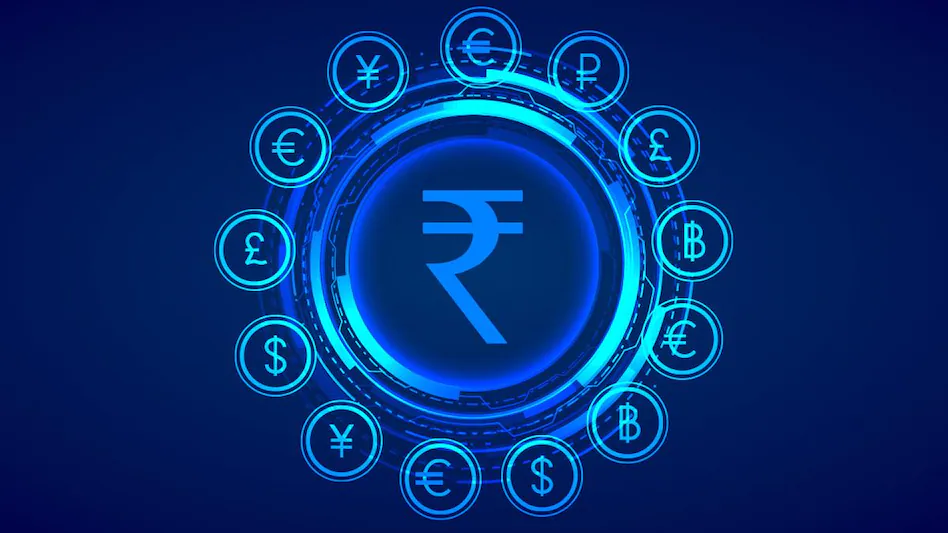India’s Central Bank Digital Currency to Act as Alternative to Cryptocurrency – During an interview with CNBC-TV18 on Friday, Ajay Kumar Choudhary, an Executive Director of the Reserve Bank of India (RBI), stated that the country’s central bank digital currency (CBDC) would serve as a substitute for cryptocurrencies. He emphasized that the digital rupee should possess all the characteristics of physical currency, including anonymity. Choudhary offered some insights into India’s CBDC.
Choudhary reported that the Reserve Bank of India (RBI) is investigating the potential for offline usage of the digital rupee. He emphasized that once the CBDC becomes a prevalent medium of exchange in India, it must possess all the attributes of physical currency, including anonymity. Earlier, the RBI Executive Director had stated that the design of India’s CBDC would be the least disruptive and would not replace physical currency or the current financial system.
People Also Read: IMF Board Offers Guidance for Developing Effective Crypto Policies
According to the news outlet, Choudhary also mentioned that the digital rupee would offer the public a digital form of currency and serve as a substitute for cryptocurrencies. His remarks mirrored those of RBI Deputy Governor T. Rabi Sankar, who recently stated that the digital rupee should have the ability to perform all functions of cryptocurrency while avoiding the associated risks.
In November and December of last year, the Reserve Bank of India commenced testing its digital rupee in the wholesale and retail sectors respectively. Reliance Retail was the first to adopt the digital currency, and as of last month, Sankar disclosed that it has garnered over 50,000 users and is now supported by 5,000 merchants.
In December of last year, Shaktikanta Das, the Governor of the Reserve Bank of India, stated that a Central Bank Digital Currency (CBDC) is the currency of the future. He further explained that while India’s current instant real-time payment system, the Unified Payments Interface (UPI), depends on banks as intermediaries. CBDC operates similarly to physical currency notes, with an automated sweep in and out functionality.
People Also Read: El Salvador Considers Opening Second Bitcoin Embassy in Texas to Boost Economic Exchange
Despite these developments, the Reserve Bank of India maintains its recommendation for a full prohibition on cryptocurrencies, such as bitcoin and ether. Governor Das has raised concerns that crypto presents significant threats to India’s financial stability, monetary system, and cybersecurity, while also potentially eroding the central bank’s jurisdiction.




